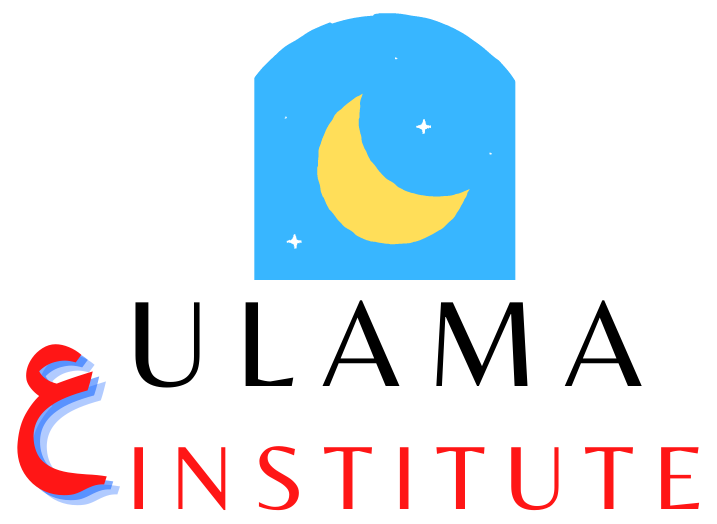
Islam is built upon five pillars, as our Prophet Muhammad (peace be upon him) informed us through the hadith of Abdullah ibn Umar: “I heard Allah’s Messenger (peace be upon him) say: ‘Islam has been built on five things: the testimony that none has the right to be worshipped but Allah, and that Muhammad is His Messenger; the establishment of prayer; the payment of Zakat (charity); performing Hajj (pilgrimage) to the House; and fasting in the month of Ramadan.”
Ulama Institute #1
Looking to learn Arabic or memorize the Quran?
Check our Trusted Teachers

This Hadith of five pillars of Islam refers to the five fundamental practices or pillars of Islam that have been prescribed by Allah. These five pillars are:
- Shahada☝🏻: This refers to the declaration of faith where a person bears witness that there is no god but Allah and that Muhammad (PBUH) is his prophet.
- Salah🕌: This pillar refers to the performance of five daily prayers that a Muslim should offer, each with a specific time frame.
- Zakat💵💰: This pillar refers to the charity or alms that a Muslim should pay to the poor and needy in the society.
- Sawm🚫🍖🍔: This refers to the fasting during the month of Ramadan from sunrise to sunset.
- Hajj🕋: This refers to the pilgrimage to the holy city of Mecca in Saudi Arabia that a Muslim should perform once in a lifetime, if they are financially capable and physically healthy.
Check My Ulama Institute Profile

If you have difficulty reading the Qur’an and the Arabic language, do not worry. I will take you step by step until you master the reading of the Qur’an and speak the Arabic language fluently, using the most interesting methods and techniques.
➡Attending Quran classes is a crucial step for Muslims seeking to fulfill the five pillars of Islam. The Quran is the most sacred and essential scripture in Islam and is considered the word of Allah, revealed to the Prophet Muhammad. Through regular study and contemplation of its teachings, Muslims can better understand the five pillars and how to apply them in their daily lives. The first pillar, the declaration of faith, or Shahada, can be strengthened through a thorough understanding of Quranic teachings about the oneness of God and the submission to His will. The second pillar, prayer, or Salat, is intimately tied to the Quran, which outlines the proper methods of prayer, the attitudes that should be cultivated during prayer, and the importance of regular communication with Allah. The third pillar, fasting, or Sawm, is detailed in the Quran, which outlines the benefits of fasting and the ways in which it cultivates mindfulness and self-control. The fourth pillar, giving of alms, or Zakat, is also rooted in the Quran, which prescribes the appropriate ways to give charity and encourages Muslims to be generous to those in need. Finally, the fifth pillar, pilgrimage to Mecca, or Hajj, is deeply ingrained in the Quran’s teachings, which describe the sacred nature of the Kaaba and the importance of unity among Muslims. Therefore, Quran classes are instrumental in fostering a deep love and appreciation for the five pillars of Islam, enabling Muslims to live more harmoniously with Allah’s commands.







